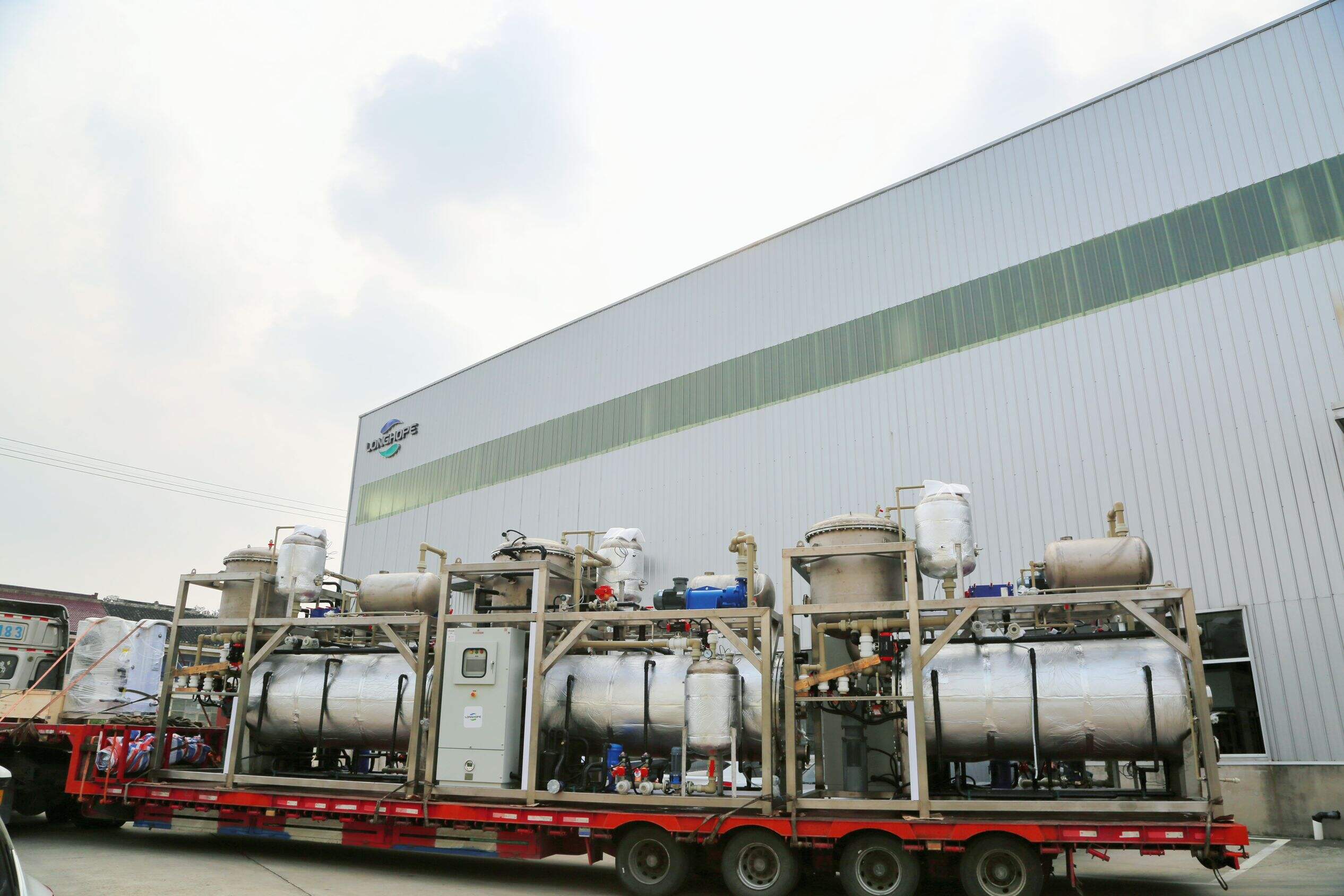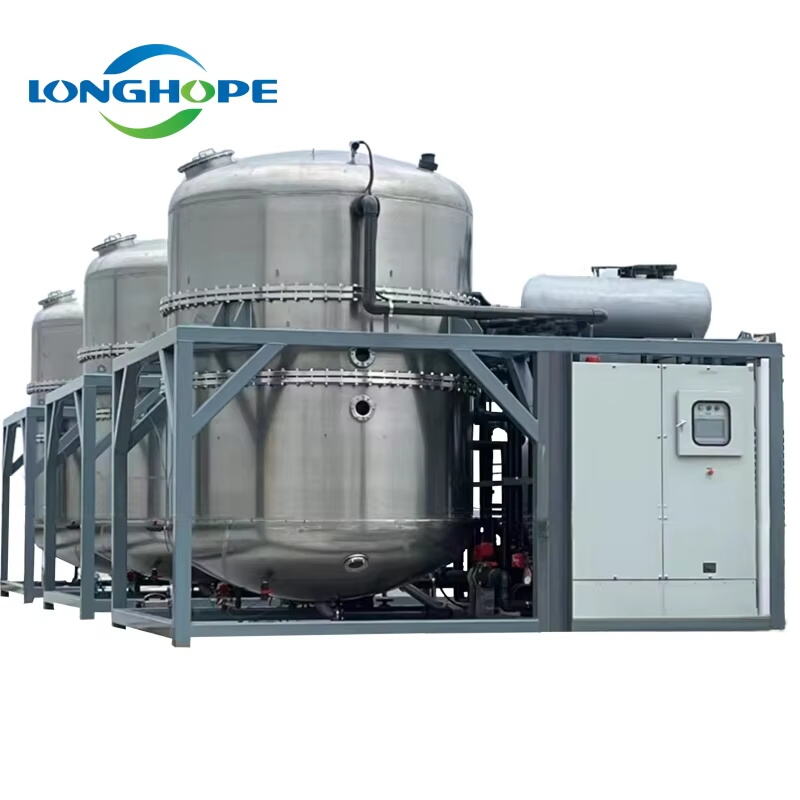low temp crystallization technology
Low temperature crystallization technology represents a groundbreaking approach in material processing and purification. This innovative process operates at temperatures significantly lower than conventional crystallization methods, typically between -10°C and 10°C, enabling precise control over crystal formation and growth. The technology utilizes carefully controlled cooling rates and specialized equipment to manipulate molecular arrangements, resulting in high-quality crystal structures. The process involves three key stages: nucleation initiation, crystal growth management, and separation optimization. During operation, the system maintains strict temperature control through advanced cooling systems and automated monitoring equipment, ensuring consistent product quality. The technology finds extensive applications across various industries, including pharmaceuticals, fine chemicals, and food processing. In pharmaceutical manufacturing, it enables the production of highly pure active ingredients with specific polymorphic forms. The food industry uses this technology for sugar refinement and fat separation, while chemical manufacturers employ it for product purification and separation of isomers. The system's versatility allows for processing both aqueous and organic solutions, making it adaptable to diverse production requirements. Advanced control systems ensure precise regulation of crystallization parameters, including cooling rate, agitation speed, and solution concentration, leading to reproducible results and optimal crystal size distribution.


